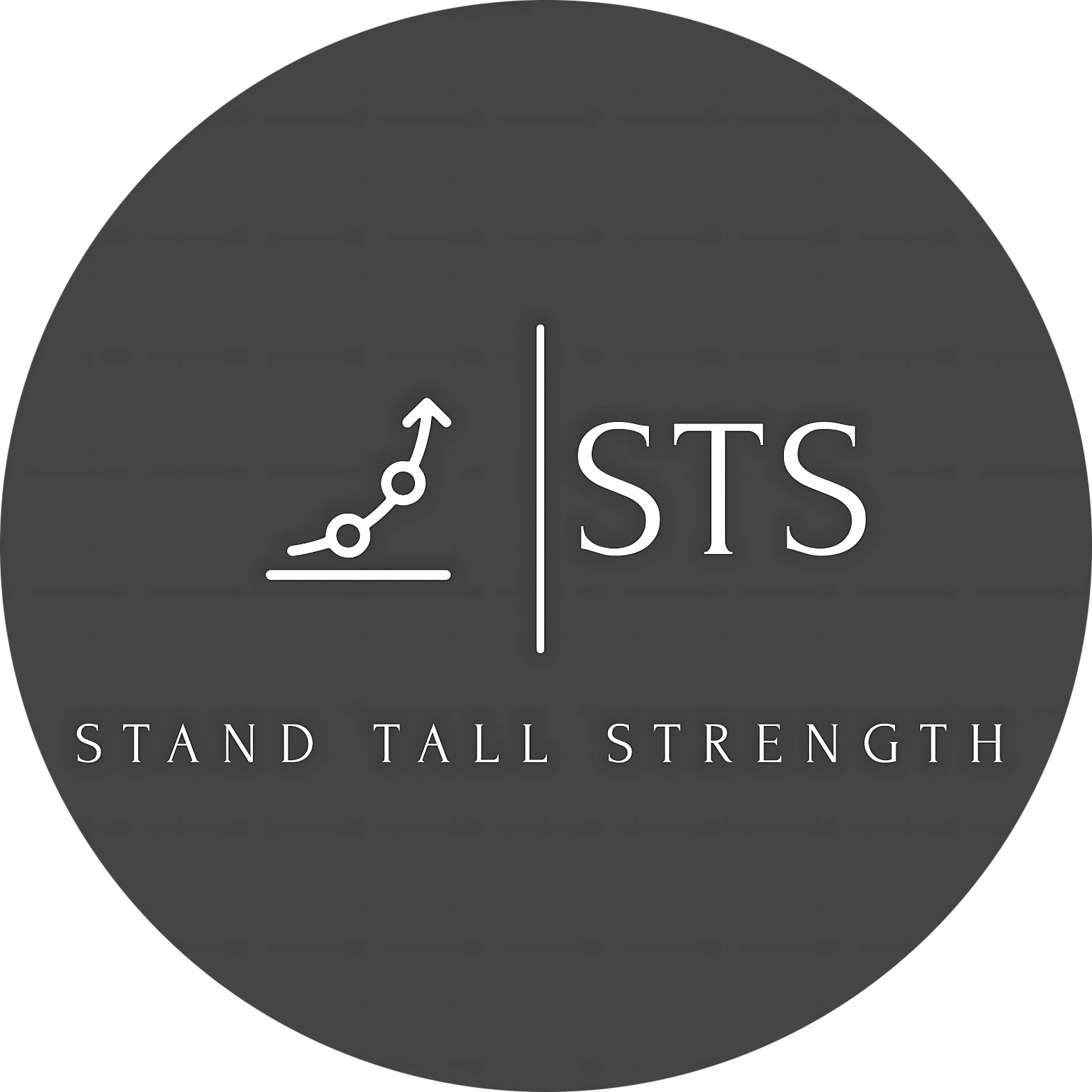The risk of heavy lifting during pregnancy is not injury to the baby but injury to the mother.
Pregnancy Hormones (Oestrogen, Progesterone, Relaxin etc) cause the ligaments to soften, which helps the pelvis widen to create space for childbirth. As a consequence of softer ligaments, joints may be less stable than normal and injury risk may be increased. Therefore, women should not engage in an aggressive strength training program during pregnancy.
Previous long term strength training will dramatically help women more rapidly return to their normal strength training programmes after delivery.
Women should continue performing what exercises feel comfortable but don’t stress themselves by attempting new, unfamiliar exercises or using too much resistance. Exercises that imitate daily activities like step ups, split squats and mini lunges are best.
Below is some guidance for specific exercises that can be performed during pregnancy:
1) Squats – Range of motion should be reduced (due to weaker ligaments). To advance the squat workout, decrease the pace (lower slowly to a count of three or four).
2) Leg Presses – Leg Presses aid in keeping the lower abdominals tight, which protects the back. However, this exercise should be limited to the first trimester only (exercises performed on the back should be eliminated before the second trimester).
3) Hip Abductor Machines – Exercising on hip abductor machines will strengthen the hips, which counteracts postural changes. Lower abdominals should be kept tight to avoid hyperextending the back.
If sciatic symptoms are experienced (numbness, pain, tingling down the back of legs), see a doctor.
4) Abdominal Exercises – Concentrate on acquiring control of the lower abdominals by performing pelvic floor exercises (Kegels). Sit ups should never be performed.




